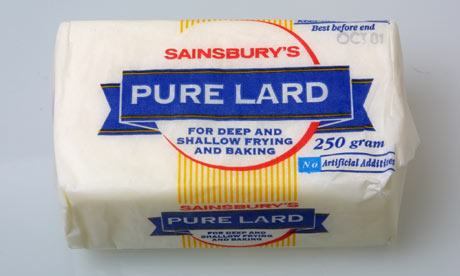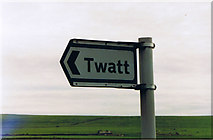We're talking about modern ABS-based disc brakes, apologies if that wasn't clear.
While I made that comment partly in jest , it has to be borne in mind that brakes were not always as efficient as they are now , and there are still a great many vehicles around which require significant pedal effort , and with which some drivers would not have the physical strength to achieve lock up .
Some members old enough to remember such cars may have forgotten this , while other younger members may never have experienced this .
Even my Ponton , with its Alfin drums , was probably one of the better cars of the day , and older cars were even harder to stop .

 Maybe I wouldn't hit the brakes quite quick enough...
Maybe I wouldn't hit the brakes quite quick enough... 
